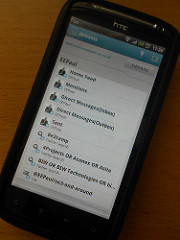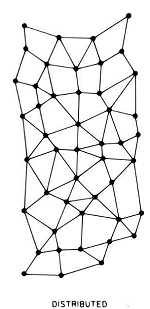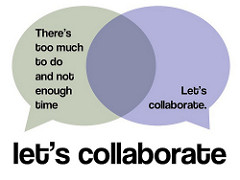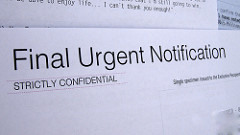 Besides the pervasive media references to artificial intelligence, the runner-up has to be robots. Historical thinking is that Robots are going to take over the world, especially now that they are fortified with AI. But there are also references to Robots that don’t involve scary, shiny, blinking physical contraptions.
Besides the pervasive media references to artificial intelligence, the runner-up has to be robots. Historical thinking is that Robots are going to take over the world, especially now that they are fortified with AI. But there are also references to Robots that don’t involve scary, shiny, blinking physical contraptions.
Robotic process automation is generally defined as business process automation based on software or AI agents, according to Wikipedia. No physical component at all. That sounds a lot like workflow. Wikipedia defines Workflow as “orchestrated and repeatable patterns of activity enabled by systematic organization of processes to get information processed.” Use either term, just don’t be left behind because robot or not, there are clear advantages.














 systems, etc. That means we are always interested in what is next and the future of the document management industry.
systems, etc. That means we are always interested in what is next and the future of the document management industry.